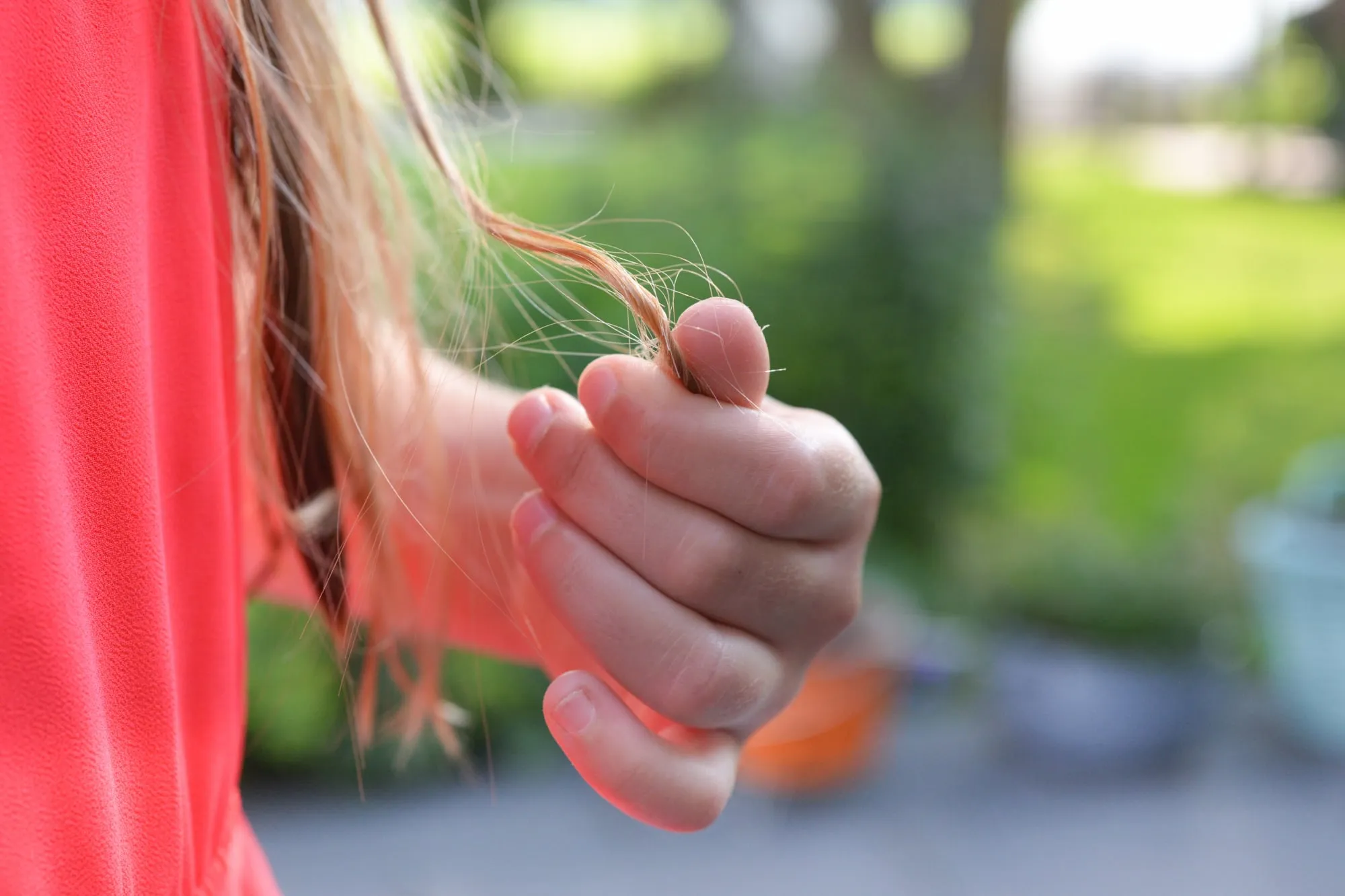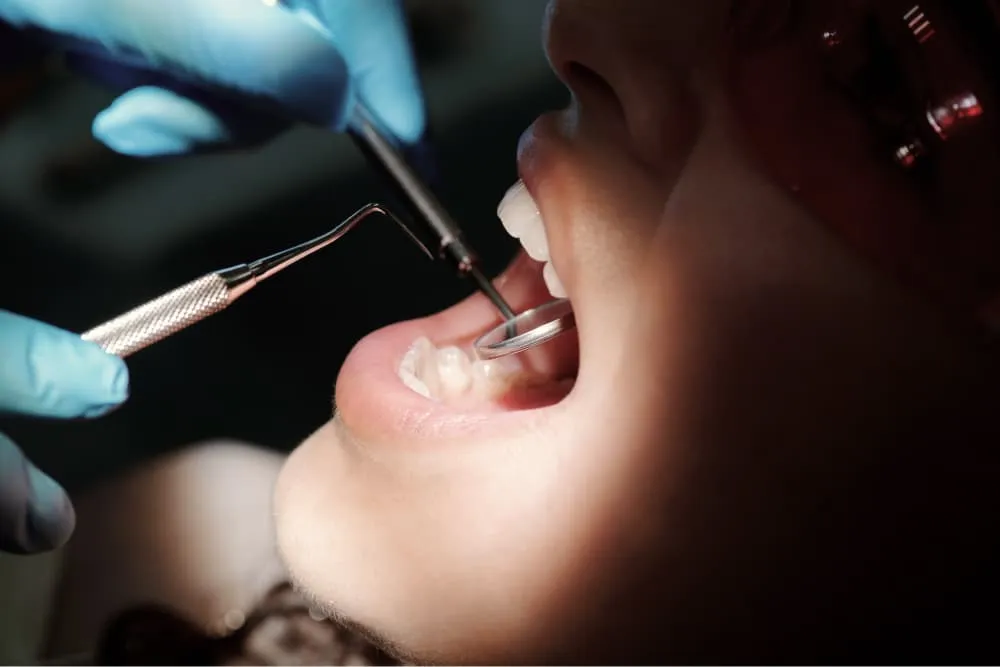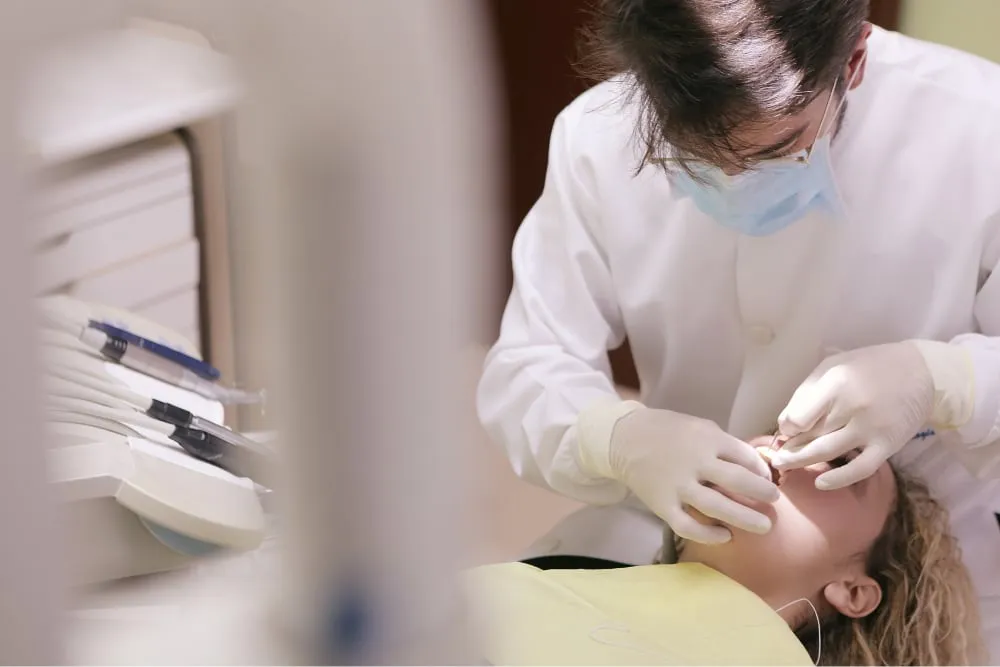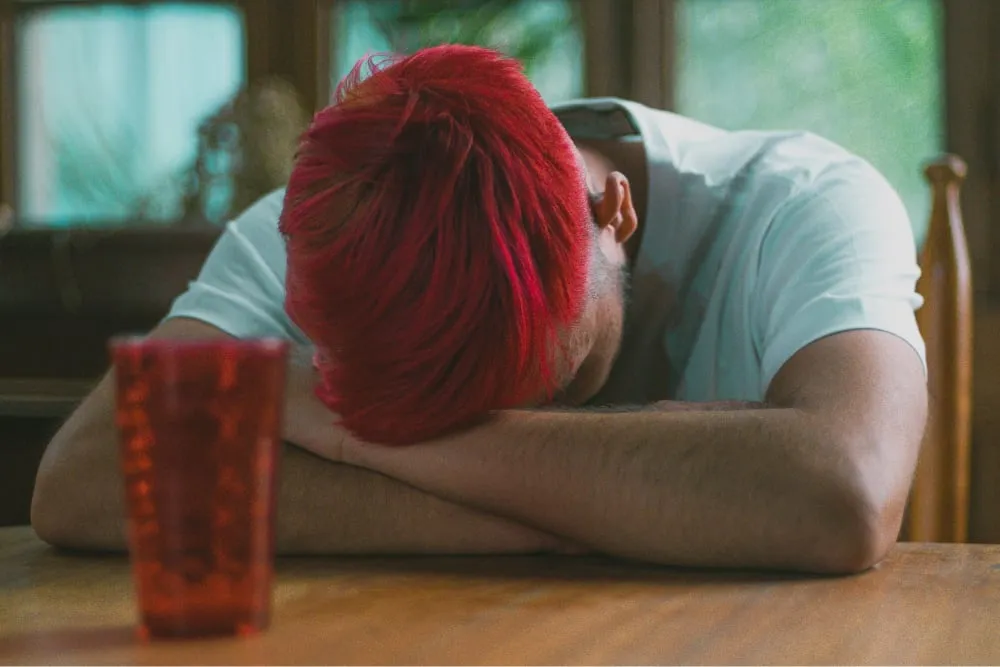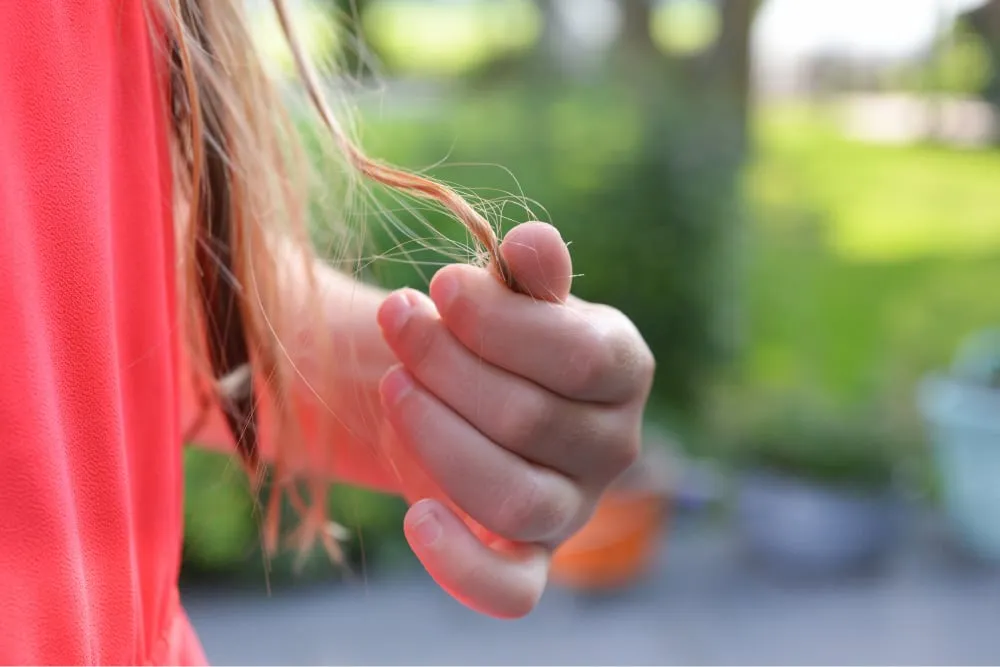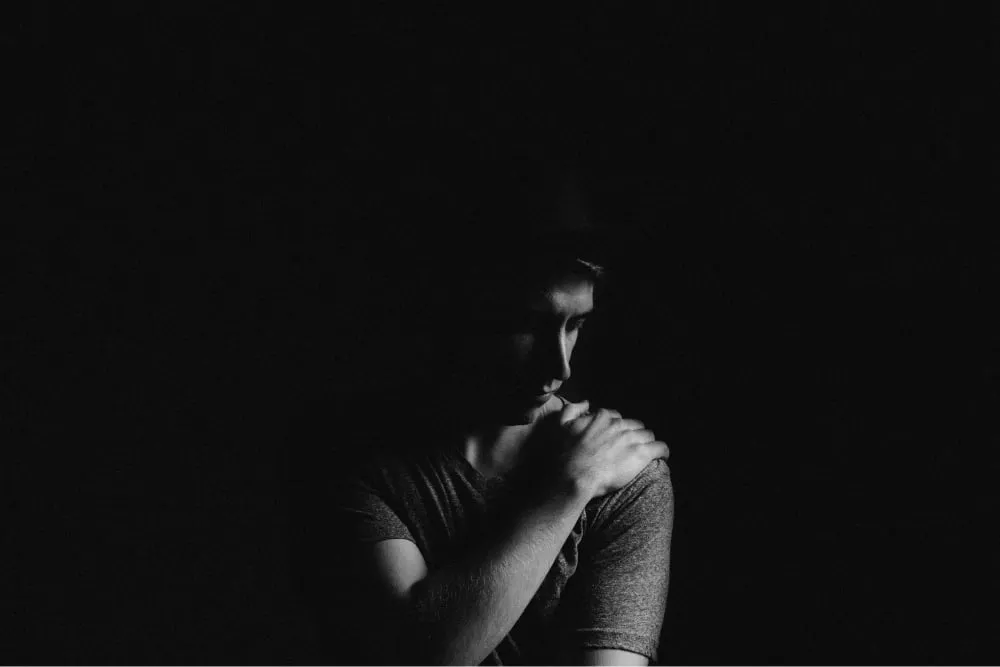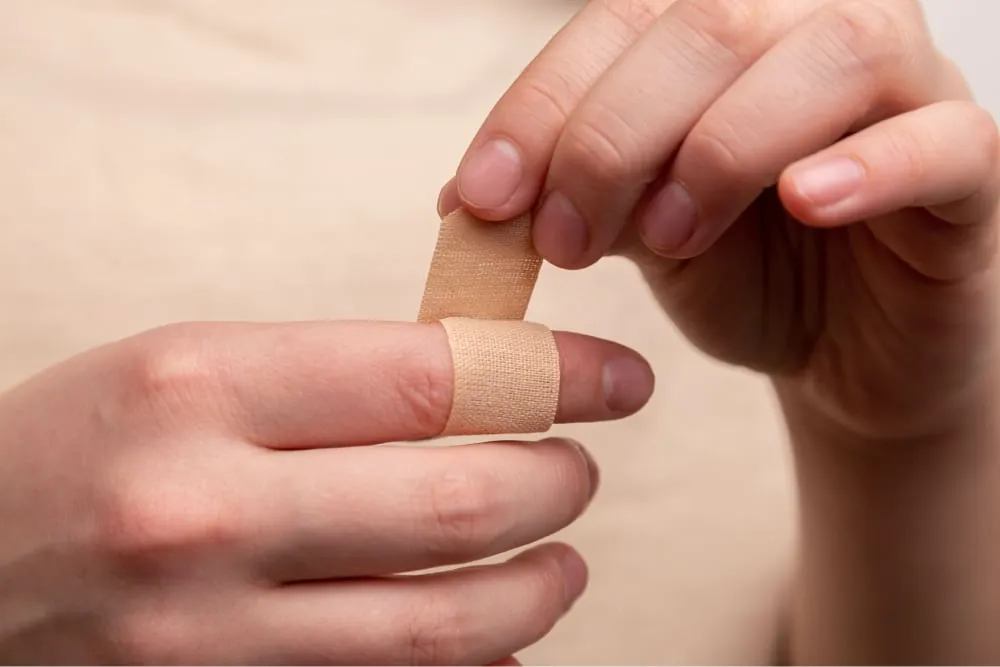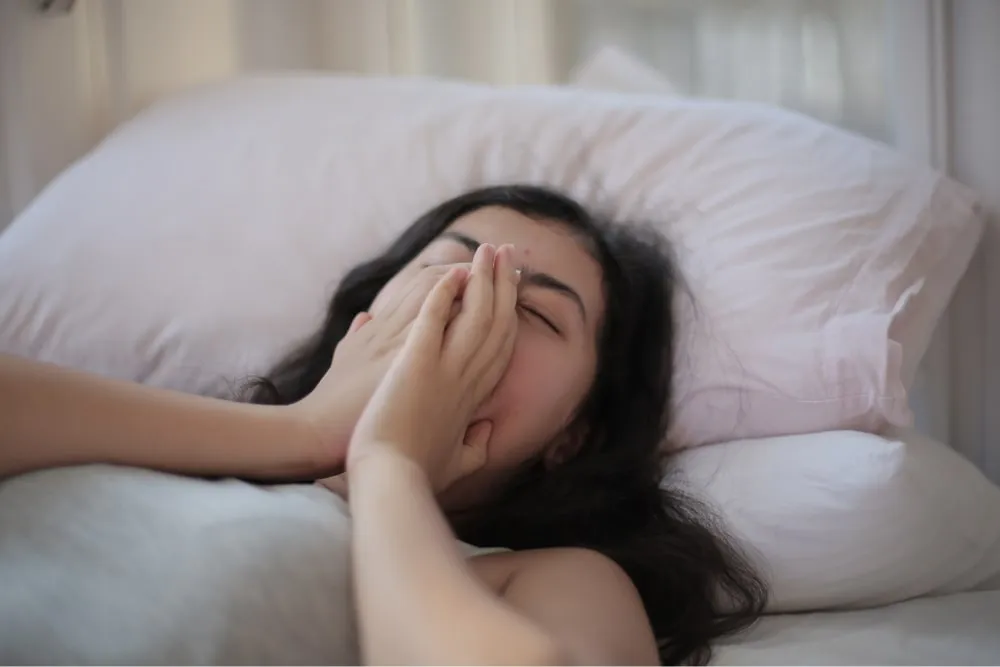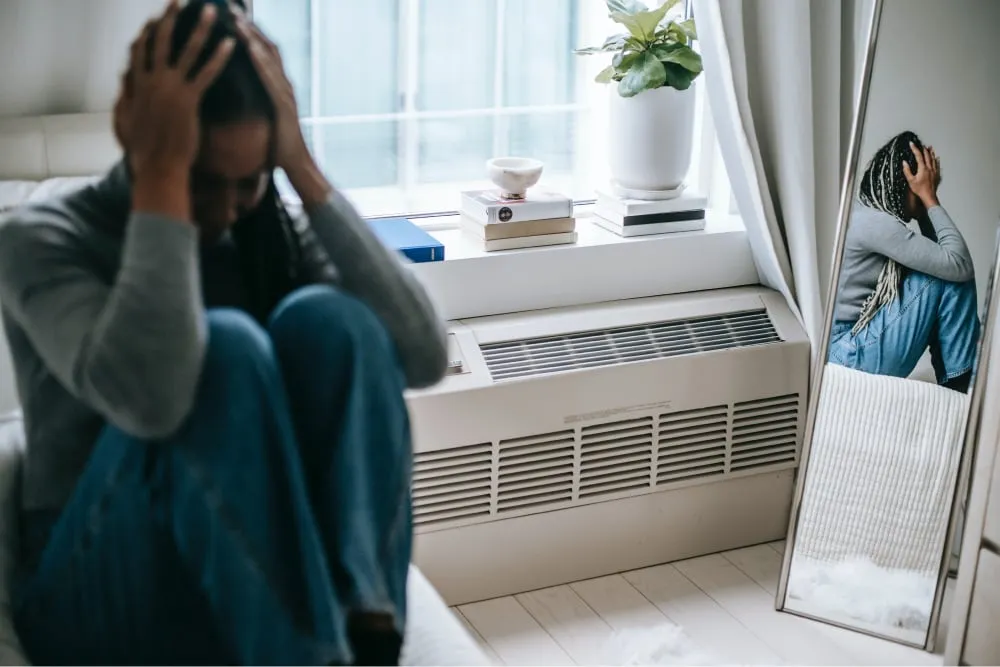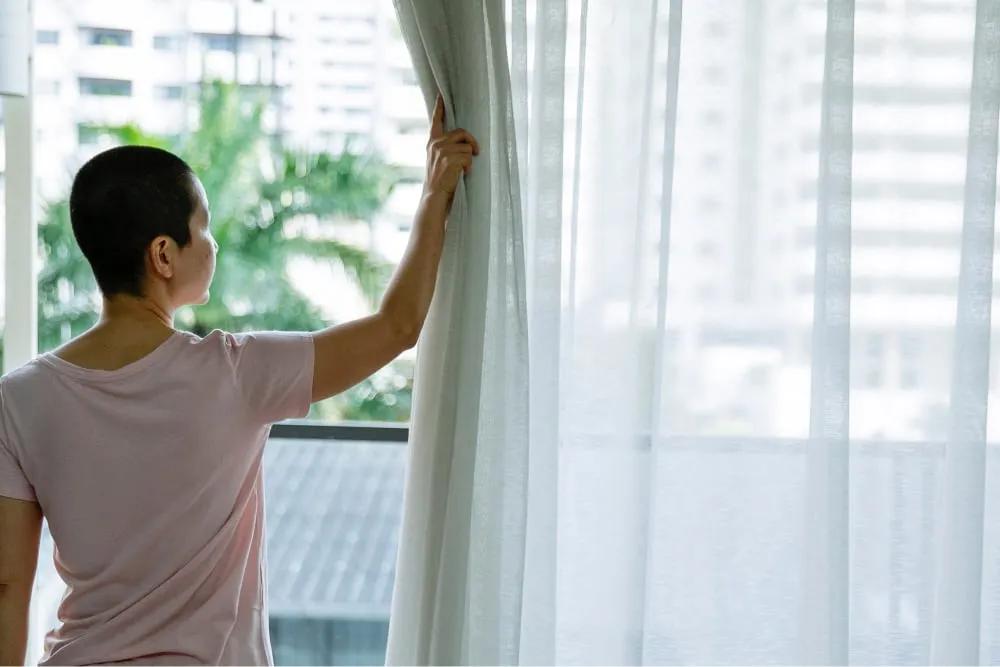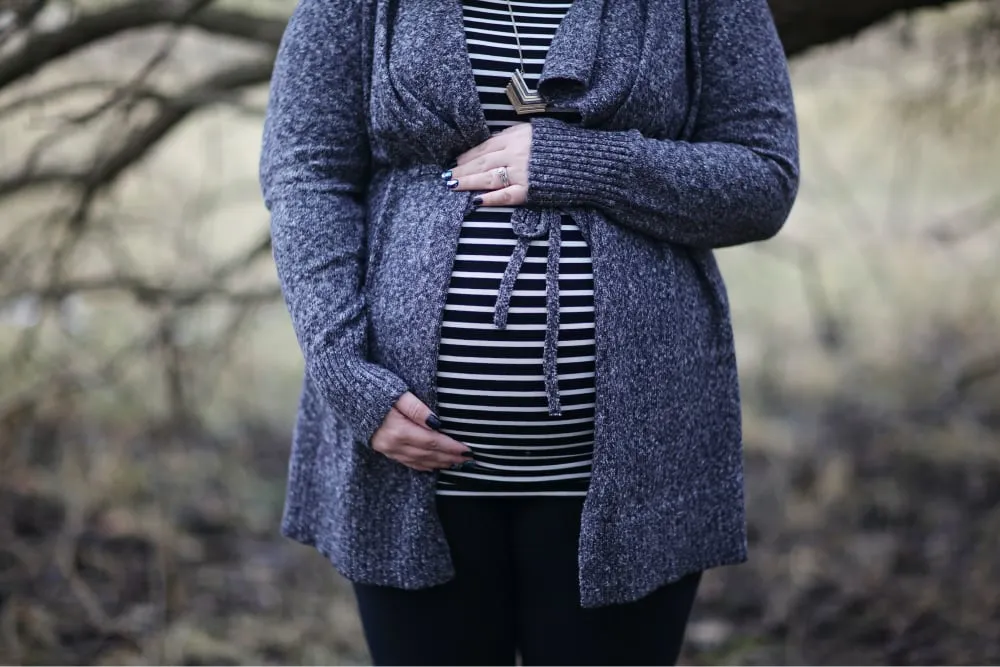Does bulimia nervosa cause hair loss?
Bulimia nervosa affects the body’s integumentary system, including skin, nails, and hair. (1) Frequent purging episodes associated with BN can cause dehydration. When the body doesn’t have enough water, it can result in hair changes, including hair loss. Dehydration can affect other parts of the integumentary system, and may result in dry skin and brittle nails.
Why does bulimia nervosa cause hair loss?
Human hair goes through a growth and shedding cycle, which includes three stages: (2)
- Anagen: the active stage of hair where new hair forms and grows.
- Catagen: the transitional phase where growth stops.
- Telogen: the resting stage when hair sheds.
When a person is experiencing BN, the anagen stage stops prematurely either because the body is not getting enough food and water, vital organs are not optimally performing, or the person is experiencing gastric abnormalities. (3) Without new hair development, existing hair will eventually shed, leading to hair loss.
Some people will not experience hair loss while actively engaged in an eating disorder such as BN, but will notice that hair loss occurs after they have begun recovery. This can occur because new hair was not growing and hair shedding was not triggered while eating disorder behaviors were occurring. Once the body is better nourished and new hairs begin to grow, this will trigger the shedding of many hairs which were not previously shed.
Hair also depends on the protein keratin to grow. Keratin is also important in forming nails, skin, and the lining of organs and glands. (4) In some cases of BN, if the body doesn’t have enough keratin, it will prioritize what part of the body needs the protein the most. It’ll often go toward lining organs instead of growing hair.
You might be interested in
How to stop hair loss from bulimia nervosa
One of the first steps to stopping bulimia nervosa related hair loss is to treat the underlying eating disorder. Nutrients and water help promote hair growth, so it’s vital for someone with BN to first work on their relationship with food and eating. Hair growth can return once an individual is receiving consistent and adequate nutrition.
There is anecdotal evidence that applying castor and coconut oils to the hair as an at-home treatment will improve hair strength and growth, but there is currently no clinical evidence to support those claims. The best option for treating hair loss is to speak with a medical professional about medically-approved treatments such as prescription medications or therapies. (5) Individuals can also contact a hair restoration specialist in their area for custom hair care treatments and guidance for bulimia nervosa-related hair loss.
It takes courage to seek help for an eating disorder, and the experts at Within Health are available to help. Within offers personalized treatment programs designed to help individuals adapt to their specific life circumstances at home. Clients receive care to help cope with challenges around food and the body while also exploring interpersonal concerns, including the emotional side of hair loss.
Every person who works with Within receives empathy, authenticity, and humanity, no matter their size, shape, sexuality, gender expression, ethnicity, or background. Contact the admissions team today to start your healing journey.

